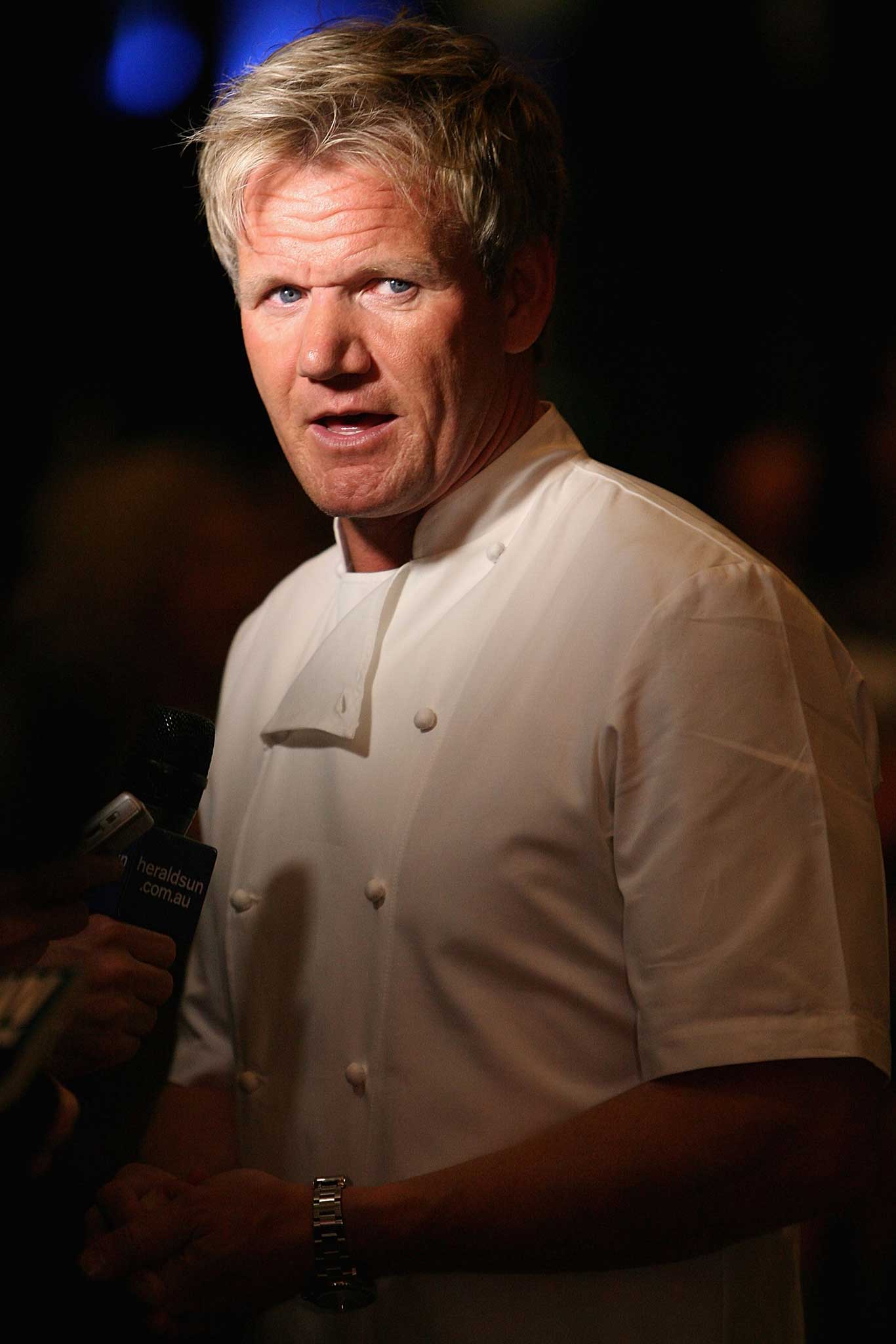Sous Chef: 24 Hours in the Kitchen by Michael Gibney, Chop Chop by Simon Wroe, book reviews
Develop a taste for the kitchen

Michael Gibney opens his book – a real-life warts and all portrayal of a day in the life of a New York sous chef – with an anecdote about the time he shared a cigarette break and brief conversation about the business with Chef Marco Pierre White on a busy Manhattan street.
Professional cooking is all about legends – the people, and the stories. The rise of the TV celebrity chef and the popularity of their shows has given most of us a degree of insight into the world of the restaurant kitchen, but Gibney takes you by the hand and leads you into this realm of hellfire and brimstone, order and chaos, taking you step by step through a service from the very beginning to the bitter end.
What you've seen on TV is true – Gordon Ramsay isn't just playing up for the cameras – there's plenty of foul language and towering egos, but it's also a domain of perfectly attuned mini armies, a world with a strict hierarchy in which everyone has a precise position and duty.
The soldiers are clad in armpit vented “heat-resistant armour” and handmade Båstad clogs; their weapons are personalised knife kits; and their kit bags contain galleons of seltzer, baby powder and nappy rash ointment – dehydration and chafing, it turns out, are as common war wounds as cuts and burns.
The latter are badges of honour worn by the chefs in the Camden pub kitchen of Simon Wroe's debut novel Chop Chop (loosely inspired by Wroe's own experience working in restaurant kitchens), in which his protagonist goes through something of a baptism of fire amongst its “instruments of medieval torture”.
Monocle (nicknamed thus by his colleagues – he has an English Literature degree and aspirations to be a writer) is the kitchen's commis. That's a “junior cook employed by the restaurant”, according to the exhaustive glossary of kitchen terminology at the end of Gibney's book, but probably better explained by Monocle himself as “bitch chef”: “the person at the very bottom who did all the jobs no one else wanted to.”
Savagery and violence are at the heart of Chop Chop; in the kitchen, in Monocle's past, and in the relationships between the characters, but, as in a perfectly baked molten chocolate cake, there's also a rich, gooey pool of dark comedy hiding beneath the surface.
Despite straying into the realm of sabotage, blackmail and secret dinner parties serving stomach-churning illegal fare, Wroe's novel makes for fresh, appetising reading. Indeed, its wilder elements don't seem half as dramatic as some of Gibney's claims about cooking as “the last true meritocracy”, the altruism and honour involved, and the pain and suffering endured. But to pick holes in these assertions I had to trawl back through his book after I'd turned the final page, for the pace – when you're in the thick of it – is thrilling, and the tension palpable. If either author cooks as well as he writes, these are talented men indeed.
Join our commenting forum
Join thought-provoking conversations, follow other Independent readers and see their replies
Comments
Bookmark popover
Removed from bookmarks